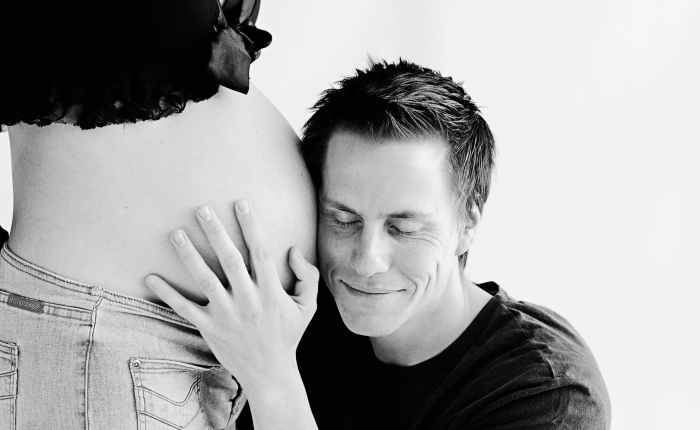Facebook, 2018: A young father shared the moment he felt his daughter in her mother’s womb.
“I’d only briefly felt this baby move before. I tried to feel her move again and again to no avail. But finally, lying there last night next to her mom, snuggled up close because of the cold, I felt kick after kick. Long after my lady had gone to sleep, there was our little one still kicking away. There ain’t words to truly describe what my heart felt.”
I read that post and smiled, remembering what it was like to be a young father many years ago, when before my daughters had voices they spoke to us with kicks.
Another story I saw this week took me back even further, to the moment the world stopped hearing the voiceless words of children in the womb.
Dr. Richard Selzer, an enlightened surgeon, fully committed to the latest medical philosophies, and desiring to learn the best techniques, wanted to watch a new procedure. He’d heard of it, but never seen one performed so he asked a fellow physician if he could attend.
The patient was 19 weeks pregnant, lying on the table, prepped for the procedure. The surgeon took a syringe filled with a prostaglandin solution, sank the needle up to its hub into the woman’s belly, pushed the plunger down and left it there for a few moments.
Selzer described what happened next. ““I see something other than what I expected here. … It is the hub of the needle in the woman’s belly that has jerked. … Once more it wobbles, is tugged, like a fishing line nibbled by a sunfish.”
Slowly, the desperate fight for life faded. The needle stopped jerking. The voiceless screaming ceased, but not in Selzer’s head. “Nothing can argue against the truth of what I saw that day.”
That story, “What I Saw at the Abortion,” originally appeared in Esquire in January 1976, and appeared most recently in Marvin Olasky’s World Magazine interview with pro-life feminist Frederica Matthews-Green.*
The trajectory of Green’s life was changed by that brief paragraph in Esquire. Up until then she sported a bumper sticker that read, “Don’t labor under a misconception. Legalize abortion.” Now she is known by her most famous quote: “No woman wants an abortion like she wants an ice cream cone or a Porsche. She wants an abortion like an animal caught in a trap wants to gnaw off its own leg.”
Would that the trajectory of the world had changed with her.
Ideas have consequences and, as John Stonestreet says, they also have victims. The two greatest victims of the sexual revolution of the 1960s and 70s were women, who lost the protection long afforded to them by traditional mores and the covenant of marriage, and children, who lost the protection not only of a two-parent home, but of the womb. Both suffer in abortion. Both need our help.
The women were voiceless until 2017, stifled by fear, or powerful men, or both. Now they are speaking and the nation is listening. Maybe in the context of so much truth-telling those other heretofore voiceless victims will also speak.
Can we hear them now?
*Marvin Olasky, “Path to Pro-Life: Overcoming Pro-Abortion Peer Pressure with Facts.” Interview with Frederica Matthews-Green by Marvin Olasky in World Magazine, January 20, 2018. https://world.wng.org/2018/01/path_to_pro_life
